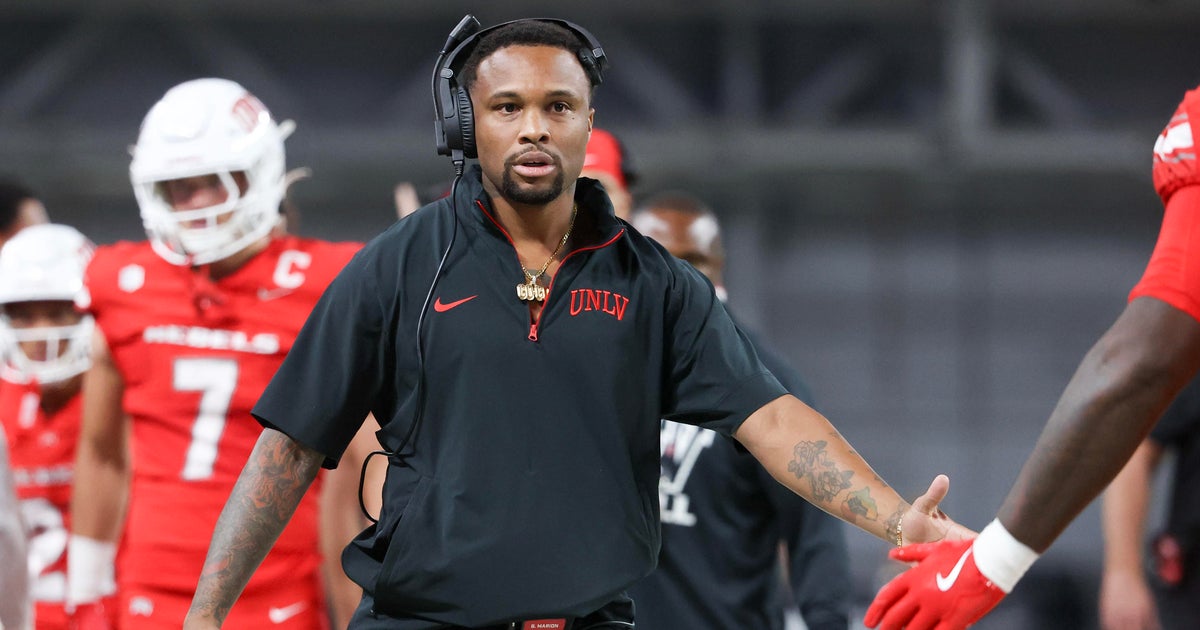California Lawmakers Treated To Luxury Hawaii Resort By Special Interest Groups
WAILEA, MAUI (CBS) — A group of California lawmakers spent last week at a luxury hotel, all expenses paid, while attending an issues conference – unaware that CBS political reporter Dave Bryan tagged along with a hidden camera.
The politicians escaped Sacramento during a week when hundreds of California college students were protesting massive tuition hikes, thousands of Californians took to the streets to protest corporate welfare and the state announced a $13 billion shortfall.
The lawmakers chose to deal with the issues by spending five days at a luxurious full service resort, more than 2,500 miles away in Hawaii, where somebody else was picking up the tab. They were attending the California Independent Voter Project issues conference, where the state's most powerful lawmakers were wined and dined in high style by California's most persuasive special interest groups.
Leaders of the Voter Project say the conference addresses the most pressing problems facing California, aiming to break the lockjam in Sacramento.
But, unbeknownst to the lawmakers and lobbyists, CBS was there with undercover cameras at the 5-star Fairmont Kea Lani Hotel on Maui, where the legislators' bills are paid by the Voter Project.
Bryan spotted state Senator Ron Calderon, from Montebello, enjoying a free breakfast, along with his brother, Charles, the majority leader in the State Assembly. He also saw state Senator Rod Wright, from Inglewood, walking out after breakfast, on the house. And Assembly Speaker John Perez, perhaps the most powerful legislative leader in California, led the way, partying at an opening night torchlight reception.
State Senator Cameron Smyth, representing Santa Clarita, was also seen walking out by the pool. He made it a family vacation.
And although we didn't get his picture, Republican state senator Tom Berryhill, from Modesto, was there as well. And Democratic State Sen. Curren Price, from Exposition Park, also attended.
It's not illegal for California politicians to accept big freebies, like this, as long as it's being paid for by a non-profit group, like the California Independent Voter Project.
But when CBS tried to find out more about what was going on at the conference, our cameras were shut out.
Bryan approached Assembly Speaker John Perez.
"What do you think your constituents would say if they knew you were here, all expenses paid?" Bryan asked.
"Well I think they know that I'm here," Perez said. "It's been in the press."
"We've talked about the fact that this is an opportunity for us to come together and have a wide range of coversation on a bipartisan basis."
The event is underwritten by some of the most powerful companies, labor unions and lobbying interests in California. These lawmakers may have a hard time convincing voters that what they did was in the average person's interest when they spent a week at a resort, all expenses paid, instead of evaluating legislation on its own merits.
Bryan tried to gain access to the conference but organizers refused to let CBS' cameras inside.
So, where does the Independent Voter Project get the money to pay for all this?
It's funded by 50 big companies such as Pacific Gas & Electric, Chevron, cigarette maker Altria, Southern California Edison, and big labor groups like the powerful state prison guards union. These are special interests, reformers claim, who espect special favors in return from the state legislators.
"What are people playing their way?" asked Bob Stern, a government reform expert. "Because the people paying their way think they will get something in return. And that is access, informtaion and getting to know these legislators."
Former state legislator Steve Peace is the leader of the Independent Voter Project.
"Why isn't the news media invited to this?" Bryan asked Peace.
"You're here," Peace replied.
(credit: CBS)
"But, we crashed the party though," Bryan retorted.
Peace said, "What good does it do to have a conference if all the people are going to stand up and talk to the camera? We want people to be candid and open in order for the conference to perform its function."
Why have it in Hawaii instead of California?
"For the same reson you're interested in it," Peace said. "You're interested in it because they come, and they come."
In the interview, Peace embraced the fact that the Voter Project is funded in part by special interests.
Reformers said that the dialogue would be better served back in California.
"If Steve Peace is sincere in thinking that what he wants to do is promote dialogue then let's come on back to California," said Kathy Feng, executive director of California Common Cause.
"If, on the other hand, what this really is is a front for special interests to funnel their money, to gain access to a couple of key legislators, then I cry foul and I think that there needs to be an investigation."
Feng continued, "It's outrageous that legislators don't see any problem with this."



